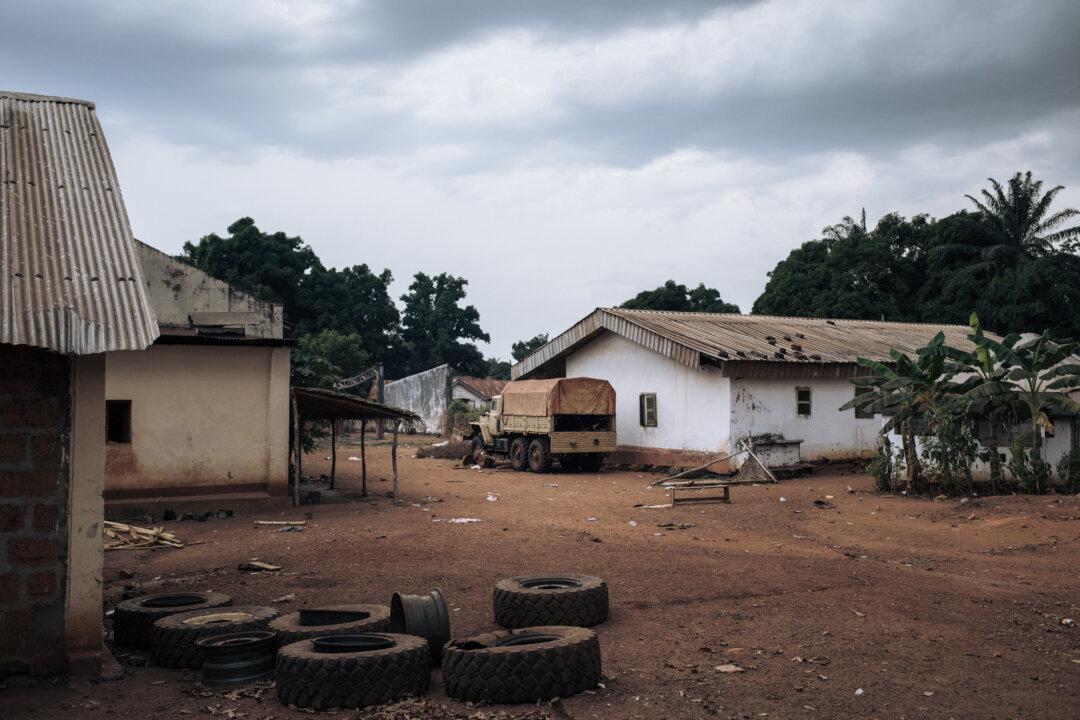JOHANNESBURG, South Africa—They’re named after one of the world’s greatest composers, but the orchestra they’ve been conducting in Africa for the past five years has brought death and destruction as they’ve fought to prop-up dictatorships and kleptocracies, in exchange for gold, diamonds, and other mineral wealth.
President Vladimir Putin has always denied that the Wagner Group is controlled by the Kremlin, insisting they’re “private military contractors” providing “security” and “advice” to governments and armies and protecting Russian “assets.”





